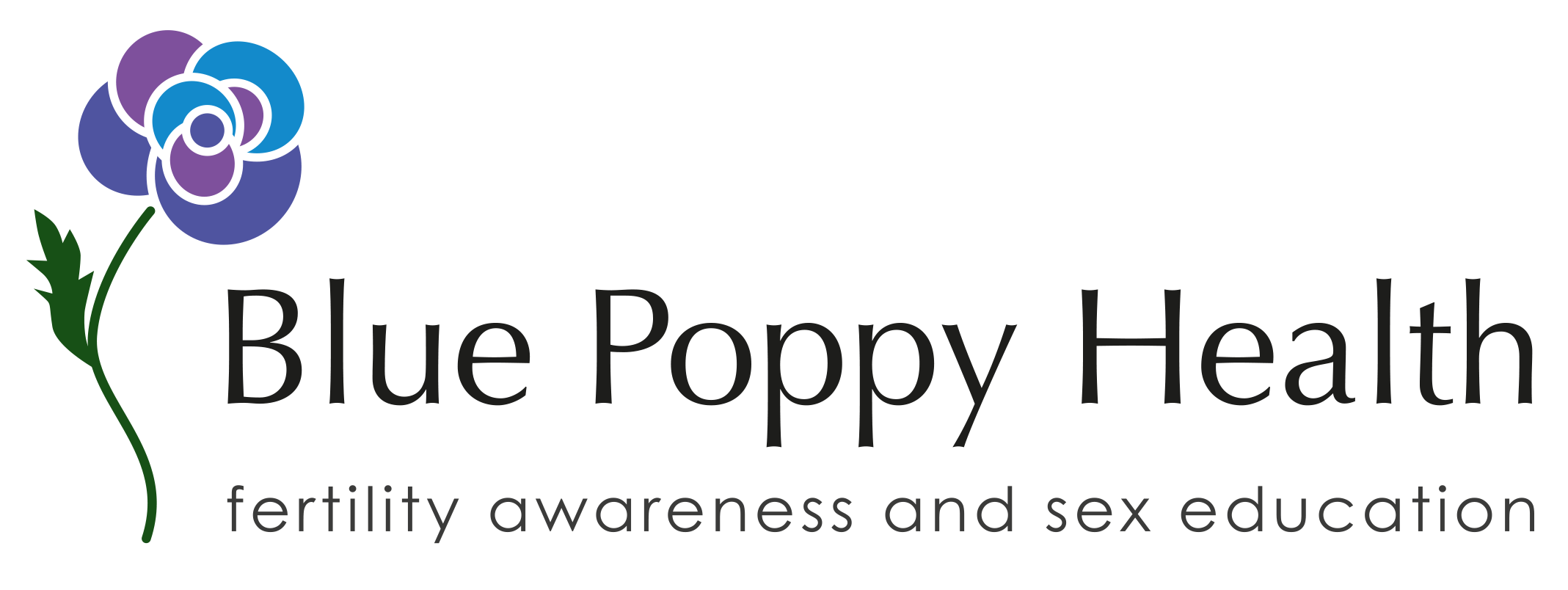 There are tons of charting apps out there (over 100!) so how are you supposed to know which one is best to use? Many of them are based off the Rhythm Method (which doesn’t work), and lots are simply period predictors so not useful for actual fertility charting.
There are tons of charting apps out there (over 100!) so how are you supposed to know which one is best to use? Many of them are based off the Rhythm Method (which doesn’t work), and lots are simply period predictors so not useful for actual fertility charting.
Lucky for us, a study just came out that reviewed tons of different apps and created a rating scale to compare them as birth control.
This study, conducted by FACTS (Fertility Appreciation Collaborative to Teach the Science), a group whose mission is to teach health care professionals about fertility awareness methods (yay!), created a tool to rate these apps and compare them to each other.
This tool rated them on ten important factors:
- Authority (source of rules app uses to determine fertile days)
- Accuracy (effectiveness of the method on which app is based)
- Accuracy (accuracy of app in predicting fertile days)
- Support (ways to have questions answered)
- Adaptability (ability to enter additional data, use with irregular cycles)
- Cost (cost of an app, transparency in pricing)
- Ease of use (ease to learn and use the app and share data)
- Confidentiality (presence of a user agreement detailing confidentiality)
- Developer/sponsorship (associated with a recognized FAM provider)
- Platform available (availability on multiple platforms)
They found 95 apps but had to exclude 55 because “they either had a disclaimer prohibiting use for avoiding pregnancy or did not claim to use an evidence-based fertility awareness based-method.” You read that right, up to half of charting apps aren’t evidence-based or outright tell you they don’t work!
Of the remaining ones, they divided them into those that predict the fertile phase of the cycle and those that do not. They looked at those that predict the fertile phase to see how well they did, and the top apps were Ovulation Mentor, Sympto.org, and iCycleBeads. Of the non-predictors, the top apps were NFP Charting, Fertility Pinpoint, and Kindara. They looked at predicting apps first because they assume many people using them will not be trained and will rely on predictions instead of making their own decisions.
I always tell my clients, do not rely on predictions. All the knowledge you need is inside of you, and no computer program will ever know what’s going on in your body better than you do. If ever you are in doubt, consider yourself fertile and do a count of three. Essentially, my belief is that apps are a nice place to store your data, but beyond that don’t rely on them. It’s up to you to make your own decisions about when you are fertile or infertile based on your observations of your body.
[ctt title=”Use apps to store data, but don\’t rely on them to make decisions! Only you can know what\’s happening with your body. ” tweet=”Use apps to store data, but don’t rely on them to make decisions! Only you can know what’s happening with your body. #fertilityawareness” coverup=”N9D26″]
As a teacher of the Justisse Method, I recommend using the Justisse online charting program (it speaks the same language as my training materials, has rules to help prevent mistakes, has training information, and links me to my clients), but if you want to use a different one you certainly can! Kindara or Groove would definitely be my top choices if you want to use a different program.
Why was Justisse not included in this study? This is because the Justisse Method is based off the Creighton Method and is combined with basal body temperature to make a new sympto-thermal method. However, since there are no academic studies of Justisse it was not included. We know that Creighton is effective so the effectiveness of Justisse is based off of that. But without a study on Justisse itself, it will sadly sometimes be excluded from these reviews. I would love to do a study one day, but we are a small non-profit organization without a lot of funding. If you’re a researcher and are interested definitely get in touch!
So there you have it: most apps don’t work, but it doesn’t matter because it’s up to you to decided when you are fertile or infertile, and the best way to use an app is as a nice place to store your data.
Interested in learning more about the fertility awareness method? Want to learn to tell when you are fertile and infertile each menstrual cycle? Contact me and we can chat all about it!
